Hoffman became involved in women of the Wall at its inception in 1988 by accident. About 100 women, many of them American, were attending the First International Jewish Feminist Conference in Jerusalem and decided to gather at the Wall for prayers and Torah reading. They needed someone to bring a folding table to hold the Torah, and Hoffman, who was attending the conference, volunteered. When she got there, Hoffman saw the women being assaulted—both physically and verbally—by angry ultra-Orthodox men. The experience ignited her deep-seated sense of justice. “I have a unique ability to get pissed off,” she says.
Despite the harassment, a small number of women—modern Orthodox, Conservative, Reform and other denominations—continued to gather at the Wall once a month to celebrate Rosh Hodesh. Sometimes only a handful of women came, and according to Hoffman, the fact that WOW endured through the decades is nothing short of “miraculous.” Their persistence set the stage for a long battle with the ultra-Orthodox and the state.
The Wall is located in Jerusalem’s Old City at the western side of the Temple Mount, where the Jewish Temple once stood. Long a place of prayer for Jews, it was closed to them from 1948 to 1967 while it was under Jordanian control. In the weeks after Israel captured the Old City during the Six-Day War in June 1967, Jews from around the world flocked to the holy site for the first time in a generation. At first, men and women prayed side by side, but a month later, a spokesman for the Ministry of Religious Affairs, which was dominated then, as now, by Orthodox political parties, announced its intention to separate genders at the Wall. Within weeks, the chief rabbi ordered the installation of the barrier known as a mechitzah, creating the men’s and women’s sections. In 1998, the government handed control of the Wall and the surrounding plaza over to The Western Wall Foundation, an ultra-Orthodox group that maintains the holy site.
With only minimal police protection, and assaults continuing unabated, WOW submitted a petition to the Israeli Supreme Court with the help of IRAC, asking for an order that would allow the prayer group to hold a service that included reading the Torah at the Wall. But in 1994, the judges decided that the court was not the proper forum for the discussion and created a government commission tasked with coming up with a solution that would allow WOW to pray the way they would like at the Kotel, while also taking into account the religious sensitivities of the ultra-Orthodox.
The commission’s recommendations, issued in 1996, proposed three alternative places for the women to hold their services: a section of the Wall located in the middle of the Muslim Quarter (it was rejected by the police); an ancient wall outside the Old City (it was rejected by the group); or Robinson’s Arch, a nearby archeological site that is an extension of the Western Wall, but which was cramped and not wheelchair accessible. The women again petitioned the Supreme Court, this time with the help of leading Israeli feminist legal scholar Frances Raday. Unlike IRAC, Raday is not affiliated with a particular religious stream and was therefore deemed a more appropriate representative for the multi-denominational group. But in 2003, the Supreme Court delivered a blow to WOW, ruling that despite the group’s legal right to pray at the Wall, the right “was not without boundaries,” so reading the Torah or wearing a tallit there were illegal. The Court insisted that it was “obligated to minimize the harm felt by other worshippers” and “prevent violent incidents between the two warring camps.”
The women were ordered to accept Robinson’s Arch as an alternative, and after several delays, the state made repairs, adding ramps and elevators to make the site wheelchair accessible. From then on, the women gathered first at the Wall for prayers and afterward at Robinson’s Arch for Torah reading. In the ensuing years, they grew bolder in skirting the law: At first they wore prayer shawls under jackets and sweaters but then began to arrange them as scarves around their necks. For the most part, police tolerated this, as long as the women did not drape the shawls around their shoulders as men traditionally do during prayer, which violated what the police considered minhag hamakom (local practice). Around 2009, tensions increased and the police began to crack down: Since then, members of the group have been detained or questioned 33 times, although no charges have ever been filed.
The standoff between the women and police reached a boiling point when Hoffman herself was arrested. On October 16, 2012, she gathered to pray at the Wall with 250 Hadassah women from the United States as part of the organization’s centennial birthday. They were reciting the Shema prayer when a police officer separated Hoffman from the group. The way Hoffman tells it, she said to him, “I’ve been breaking the law for 24 years; either charge me or let me go.” And so he arrested her. Although never charged with a crime, over the next 24 hours, she says, she was handcuffed, strip searched, shackled, dragged on the floor and forced to spend a night in a tiny cell in Jerusalem’s Russian Compound prison, alongside a car thief, a prostitute and a woman who was charged with hiding evidence of child abuse in an ultra-Orthodox polygamous sect. A police spokesman called the allegations “not accurate and not right.”
The arrest coupled with the image of women being hauled away for wanting to pray was a dramatic PR coup for Hoffman, who by now has become WOW’s mascot and symbol, as well as its direct conduit to IRAC. On February 11 of this year, the group again made headlines: 10 women were detained, including Hoffman but also Susan Silverman, a Reform rabbi who lives in Israel and is the sister of American comedian Sarah Silverman. At that same gathering, a group of IDF veterans who had wrested the Wall from the Jordanians in 1967 also came out in support. WOW has reached a tipping point: With every arrest, the group gains an even higher profile, with photos splashed across newspapers around the world.
Conflicts between the ultra-orthodox and the rest of Israeli society have increased generally in recent years, and tensions have spilled over into unlikely places. And so one day in 2004, novelist Naomi Ragen, who is Orthodox, boarded a nearly empty Jerusalem bus and sat down, immersed in the latest issue of Vanity Fair. A few stops later, an ultra-Orthodox man demanded that she move to the back of the bus, together with a handful of other women. Ragen refused and the man verbally assaulted her throughout the bus ride. She wrote about the incident in a widely circulated Jerusalem Post article, “Egged and the Taliban,” as well as in columns for Moment, where she is a regular contributor.
Not long after the incident, IRAC contacted Ragen, asking if she was interested in becoming a plaintiff in the case against Egged, the national bus company, and the Ministry of Transportation, arguing that gender segregation aboard public buses was illegal. “They had heard lots of horror stories, mostly from Orthodox women,” Ragen recalls of her conversation with IRAC lawyers. “From that point on, they did everything: They filed the case, made legal arguments, gathered plaintiffs, set up meetings with the Ministry of Transportation and distributed information to the local and foreign press.”
Hoffman directed the IRAC campaign and waged a media war alongside the legal battle. IRAC monitored the estimated three dozen segregated bus lines throughout the country, collected stories of women who were attacked for refusing to sit at the back of the bus and demanded that the state ensure the safety of its female passengers. The bus issue became a line in the sand, and Hoffman made it clear that she would take on misogyny in all its state-sponsored permutations. “You can’t use public resources in Israel to discriminate against women under the guise of religious modesty,” she says. In building a coalition of women, from ultra-Orthodox to Reform, she also made buses a human rights issue, rather than a progressive Jewish cause. As a result, Israelis all over the country paid attention, and most were enraged.
In this legal battle, IRAC prevailed. In 2011, the Israeli Supreme Court ruled that sex-segregated buses were illegal. In his decision, Supreme Court Justice Elyakim Rubinstein ruled that a public transportation company “cannot say, ask or order women where to sit on a bus simply because they are women… They must sit wherever they like.” He added, “As I now read over these lines emphasizing this, I am astounded that there was even a need to write them… Have the days of Rosa Parks, the African American woman who collapsed the racist segregation on an Alabama bus in 1955, returned?”
Ragen says she could never have pursued the case alone. “I don’t have the time, money or experience,” she says, “but IRAC fought a good fight, and their legal arguments held water. Without them, nothing would have happened and we would still be sitting on segregated buses.”
Aware that ultra-Orthodox men would balk at the Supreme Court ruling, Hoffman didn’t stop after the group’s legal victory: The IRAC team launched an enforcement program, dubbed “freedom riders,” to ensure that passengers and drivers comply with the court. The program is popular, and American women who vacation in Israel often ride the buses during their tours of the country. Hoffman herself has participated in dozens of rides, and if a bus driver tells her to sit at the back, she simply takes him to small claims court. “Seven drivers paid about $1,000 and you can be sure you can’t find a bus driver who will tell a woman to sit in the back of the bus anymore,” says IRAC director Noa Sattath, who works closely with Hoffman.
IRAC counts the bus victory, as well as the public support for its work, as one of its most significant accomplishments. Its mission ranges from lobbying for civil marriage to tracking the amount of money allocated to Orthodox institutions and rabbis as compared to non-Orthodox organizations. The group’s $1.5 million budget, much of which comes from the Reform movement in the United States, supports a staff of 26, many of whom are lawyers. Many of its court battles have resulted in significant change. In 2012, the state finally announced it would pay a salary to Rabbi Miri Gold, a Reform rabbi from Kibbutz Gezer, making her the first non-Orthodox rabbi to be awarded a government salary. The announcement came in response to a 2005 IRAC petition, and though the funds are slated to come from the coffers of the sports and culture ministry, not the religion ministry, it was nevertheless hailed as a triumph for progressive Jews in Israel. But since Gold has yet to receive her salary, IRAC is headed back to court.
The foot-dragging evident in Miri Gold’s case is not unique. In Israel’s current political climate even large political parties often need to form coalitions with smaller ultra-Orthodox parties to form a stable government, and politicians often appoint committees as a way of buying time. Staying power is key, and in this, Hoffman excels. “More than just exposing injustice, Anat has stamina and she builds momentum that can be sustained,” says Sattath. “That is crucial to her success.”





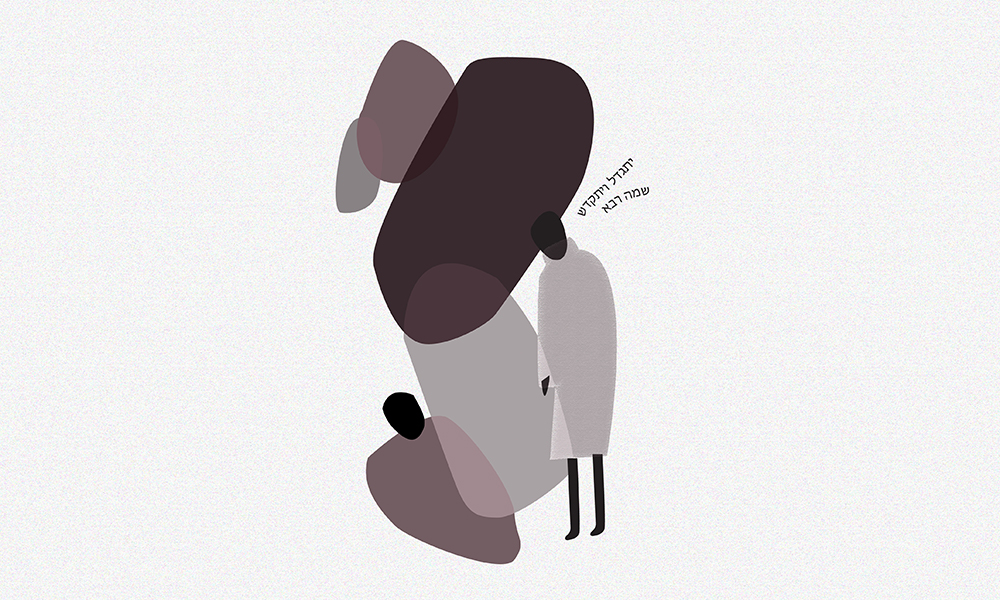
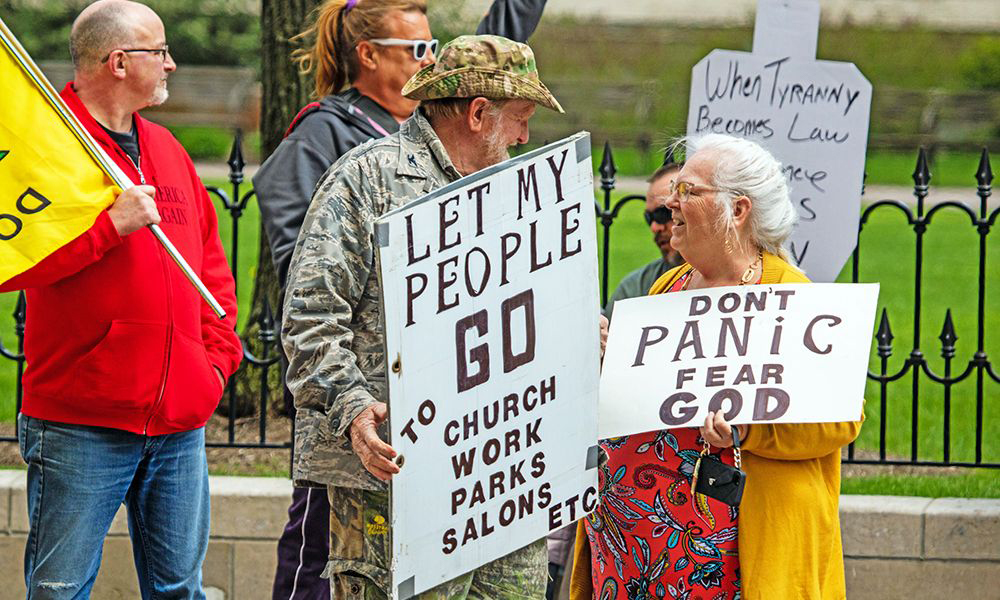
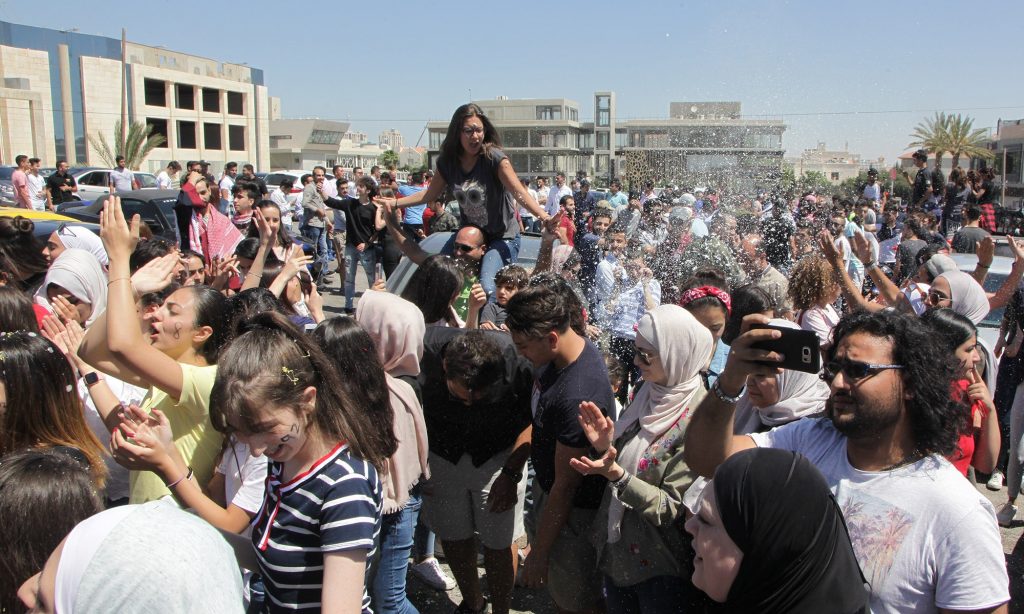
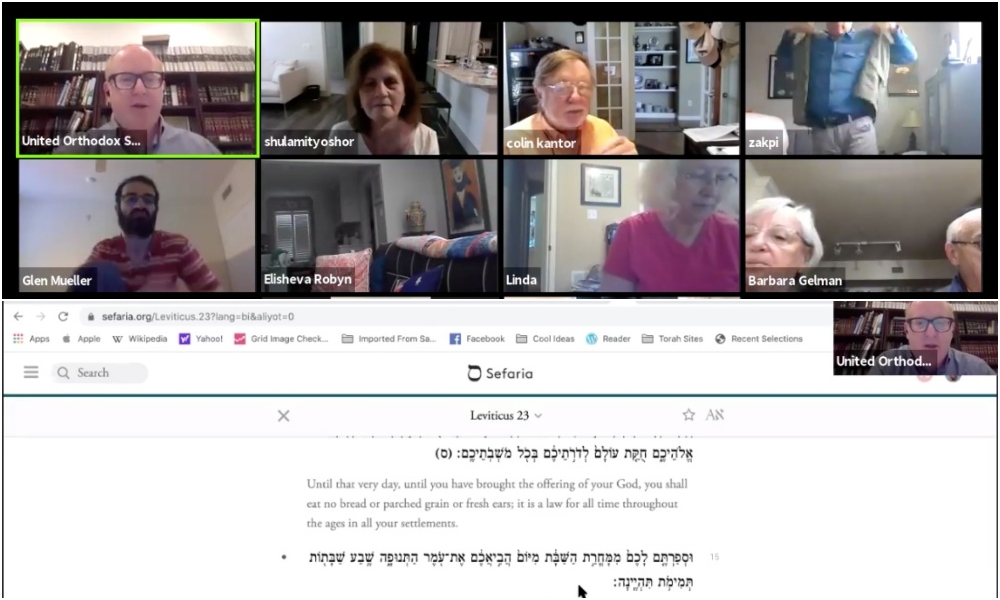
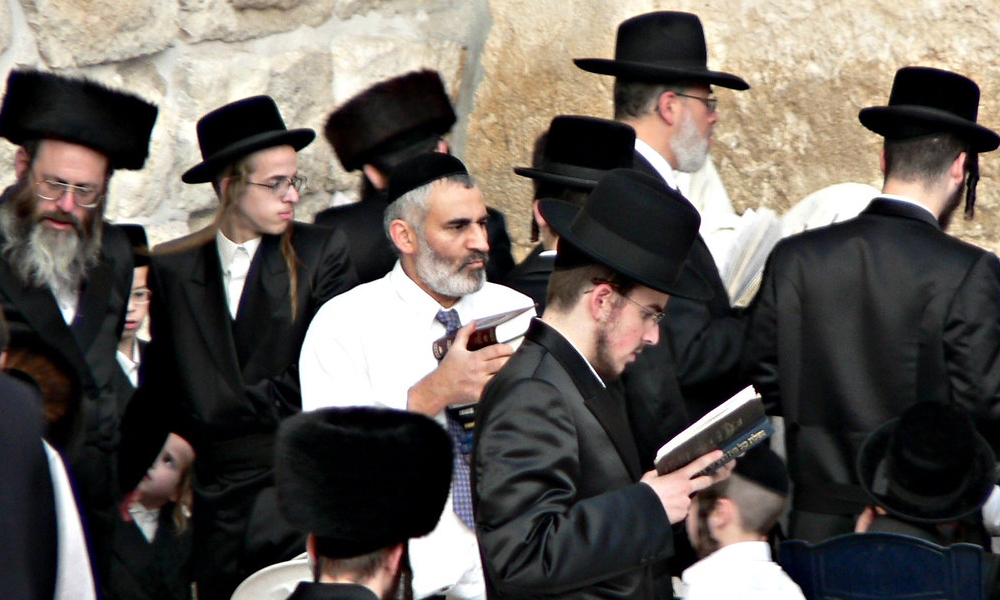



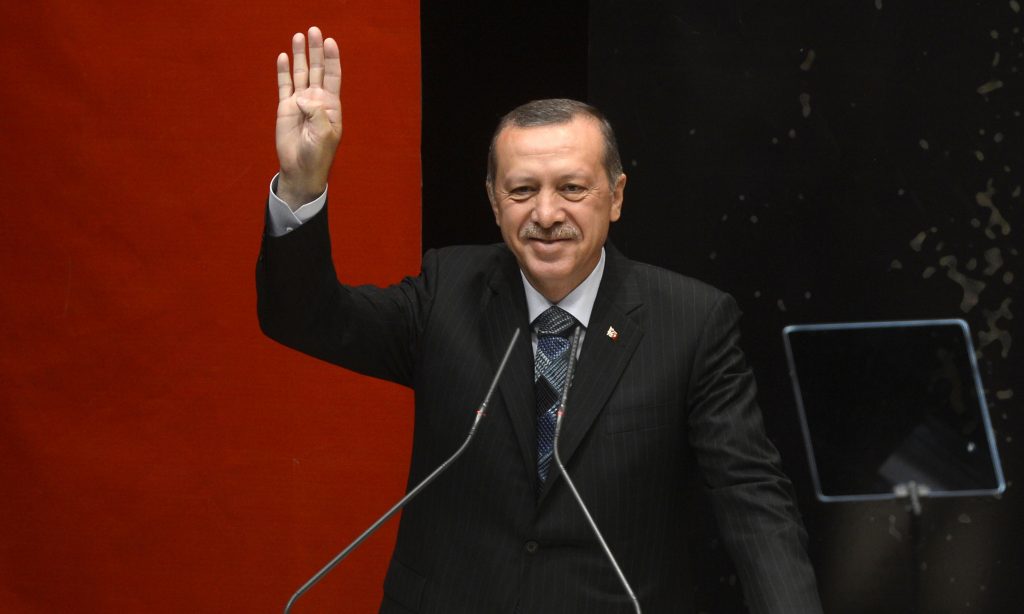
This is a little known story in New York City & environs. How come our papers haven’t picked it up. It’s a n uplifting bio of a future leader…a leader of Israel. She has the stuff needed to fight the Orthodox who do Israel NO FAVOR by NOT accepting Israel as a state, by NOT entering the draft, by NOT publicly through news media all over the world, proclaiming only ORTHODOX JEWS are the REAL JEWS>. Insisting all the others are NOT Jews. I am proud to be a Woman when I read of women like Anat. Israel needs her as she could be the next LEADER.
I am so grateful . What a shot in the arm ,a kick in the pants ,a moment of pride.
I am proud of being human because of people like Anat Hoffman.
G-d bless her and her work for equality.
I’m sorry, but I feel that this woman is an opportunist who is using the Kotel, the tallit, and the sefer Torah as props for her own self-glorification. She has made a career of this and would be devastated if she were ignored by the Orthodox world. That they react as they do only allows Ms. Hoffman to continue, not to liberate women ( most of whom have zero interest in her shrill rants) but to put herself and her secular agenda in everyone’s faces. There are myriads of women who feel as I do, that she is divisive and a menace and rather than trying to unite the Jewish people, she wishes to further fragment us.
Judy –
Clearly you have never discussed this issue with Anat Hoffman. Therefore, you have no idea whatsoever how she would feel if she were ignored by the Orthodox world. As a person who has spoken with her, it is clear to me that she would be delighted if the Orthodox would leave her and the Women of the Wall alone to pray in peace.
Judaism teaches us that we should not question the motivations of people when it is possible their motives are pure. I believe Anat Hoffman’s motives are, indeed, pure.
Furthermore, her “agenda” is certainly not secular. Secular people, by definition, do not wish to do religious things. What Anat Hoffman and the Women of the Wall seek to do is to pray at the Kotel, wearing religious ritual objects. Not only are they not secular, many of them are religious Orthodox Jews.
Judy,
It would be wonderful if the Orthodox would ignore her. But , while the Orthodox want the freedom to practice Judaism as they wish, something that has been all too rare in our history, they are not willing to allow people to respectfully worship as they choose.
Frankly, their actions have been a shame and embarrassment to the majority of the Jewish people. Being an American I am grateful for our tradition of separation of church and state. I will continue fighting the extreme right wing Christians here who keep trying to impose Christianity on our government.
I wish Anat Hoffman and her Women of the Wall would seek sincere dialogue with the native-born residents of Jerusalem rather then forcing her way once a month with her prayer protests. There are many quiet, spiritual women who just want to come to the Wall to pray, as opposed to fighting against “the other”.
I greatly admire Anat Hoffman and Women of the Wall and am grateful for the work they do for all of us who cannot be with them each month as they pray and represent those who believe in the equality of all to pray as they wish at the Kotel. I was last in Israel in 2005, praying on a Rosh Chodesh with WOW and had the ugly experience of being spat at by an old Orthodox woman who seemed to think that made her statement viable. God bless Anat! I cannot wait to meet her at TBE in Wellesley, MA in April!
Israel can never be a state that is truly representative of the Jewish people so long as the Ultra-Orthodox rabbinate has any control. That Jewish women are barred from pryaing at the Western Wall in the manner in which they choose to pray is utterly reprehensible. Equally reprehensible is the continuing rejection of Reform, Conservative, and Reconstructionist conversions, and, now even some Orthodox conversions. Far too many Jews are denied rights in Israel that they enjoy virtually everywhere else.
Since Judaism prides it’ self on being monolithic those
we call “ultra” (a different discussion about that word) orthodox want us to be “one’ and behave and practice according to their ‘One way” or the “highway”.
it’s not their business. Their way is mysoginy and that is unacceptable to me.
and woman who thinks Hoffman is an opportunist is so off base and someone who probably hasn’t taken an initiatives to correct wrongs, herself.
The Women of the Wall have been given permission to pray and the”ultra” or any level of judaism that disagrees with them need to be quiet and respectful of that.
meh…
She is the worst. I am not ultra orthodox- just plain old orthodox and to read this glowing article about a heretic, rabble rouser and essentially self promoting person is completely sickening. If she was a legitimate lover of Judaism, she wouldn’t have spent her entire life trying to bend it to her will. She wants plurality except if it bothers Orthodox Jews- because apparently they’ve had the control for too long. She is a true embarrassment to our people and I pray that she stops her worthless and divisive crusade to make Judaism whatever SHE thinks it should be.